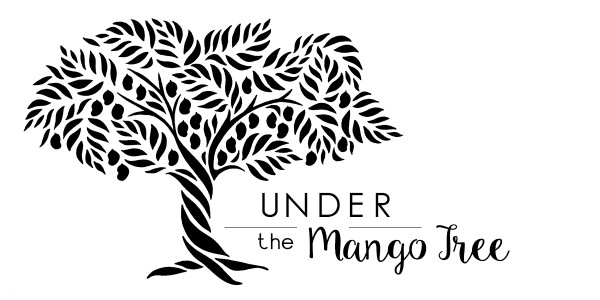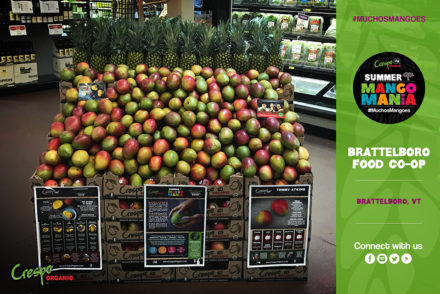Who will protect organic growth amidst economic, climate and social uncertainties?
In the realm of organic produce, the ongoing struggle to safeguard organic growth often mirrors the tale of David and Goliath. This season, amidst economic, climate, and social uncertainties, the appeal of cheaper conventional products has never been stronger for importers, distributors, and retailers alike. Price remains a significant driver for consumer purchases, intensifying the pressure in my career more than ever before. Whether you share my passion for organics or view organics merely as another item on the shelf, the importance of protecting organic market share cannot be overstated.
I’ve experienced the weight of this David & Goliath struggle throughout my journey in the organic industry. However, in recent times, the intensity of this struggle feels magnified. It’s disheartening to witness substantial strides and achievements in organics being overshadowed by the allure of cheaper conventional produce. This shift undermines the integrity of our food systems, particularly concerning organic consumers who demand higher standards. The belief that conventional mangoes reign supreme in profitability is outdated and misguided. This misconception not only contradicts our trajectory but also carries greater consequences beyond profits alone. It’s evident to me that those who gamble against organics are destined to lose.
My journey in the mango industry began over 15 years ago with Ger-Nis, where I’ve witnessed and contributed to the development of expansive organic programs across North America. Unlike conventional programs often build and sold on price, organic programs are built and maintained with a focus on availability, quality and consumer satisfaction. Volume is important as we build but consistency and trust are more important.
Over the years, the organic mango sector has become a ubiquitous presence within the industry. This growth, however, was not instantaneous or effortless; it required overcoming numerous economic and production challenges. Despite these obstacles, the demand for organic mangoes has steadily risen, driven by an increasingly informed consumer base seeking healthier and more sustainable choices.

Overlooking organics has always been a costly error. I’ve tried to protect it since my early days. Many may not know this about me, but years ago, as an importer of organic mangoes with my then company, Ger-Nis International in Brooklyn, I petitioned to the USDA for an exemption on mango assessments paid to the National Mango Board. I argued that the National Mango Board’s focus on promoting conventional mangoes unfairly hindered the growth of the organic mango sector. I was successful with the organic exemption. Initially, the exception only applied to 100% organic importers like myself, but today, any box of organic mangoes qualifies under the exemption rule for the same reasons it did back then. (Side not I also accomplished the same on the avocado assessments.)
While I succeeded in my petition, the journey toward thriving organic sales remains arduous. While progress has been made, the organic sector still faces hurdles against conventional dominance due to pricing and volume differences. It’s extremely important those of us who build these programs, keep protecting them. Especially as the dominance of conventional produce due to its lower price point still persists. This current operating environment marked by escalating costs, inflationary pressures, and persistent climate-related challenges, is only intensifying the competition between conventional and organic sectors.
The current Mexican mango season has presented significant challenges for both organic and conventional stakeholders. While it’s understandable that businesses are striving to capitalize on growing demand, it’s essential to consider the long-term consequences of prioritizing short-term gains over organic progress.
To genuinely support organic sales growth, it’s crucial to understand and cater to the desires of organic consumers. Merely resorting to marketing tactics aimed at boosting profits is unsustainable in the long run. Organic consumers are discerning individuals who value authenticity and integrity in their food choices.
Building thriving and enduring organic programs requires a commitment to quality, integrity, and sustainability. It’s not just about selling products; it’s about creating a system where consumers can trust the integrity of their food and farming practices.
The story of David and Goliath serves as a reminder of the importance of conviction, morality, and empathy. Like David, we must remain steadfast in our commitment to what is right, even in the face of overwhelming odds. By understanding the unique needs of organic consumers and staying true to our principles, we can overcome the challenges posed by the Goliaths of the industry and continue to thrive.
Perhaps, in the end, my deep understanding of organic consumers stems from being one myself since my youth. Maybe the essence of what I’ve written serves as a reminder that David wasn’t chosen for his stature, but for his unwavering belief in his cause.










No Comments